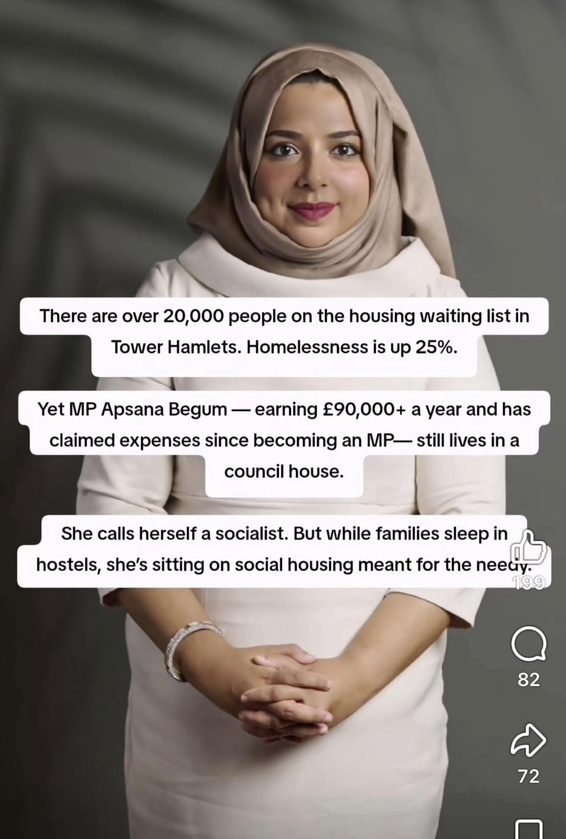
JT often talks how LBJ's War on Poverty harmed the poor, especially black families. Johnson's plan reads a eugenics program. (Source: Catholic website Magisterium.com)
Lyndon B. Johnson's 1960s family planning initiatives, part of his "War on Poverty" and Great Society programs, expanded federal funding for contraception services targeting low-income Americans, but they inflicted lasting harm on the poor by promoting a coercive "contraceptive mentality," exploiting economic vulnerabilities, and undermining family dignity—issues the Catholic Church has long critiqued as contrary to natural law and human rights.
Key Ways These Initiatives Harmed the Poor:
Targeted Exploitation of the Vulnerable: Programs like the 1964 Economic Opportunity Act and 1969 Family Planning Services Act funneled taxpayer dollars to clinics providing birth control to the economically disadvantaged, including unmarried teens and welfare recipients, often in urban poor and minority communities; this created incentives tied to aid eligibility, pressuring families into limiting births as a "poverty solution" rather than addressing root causes like joblessness or housing shortages.
Coercion and Demographic Pressure: Outreach in welfare offices and public housing fostered perceptions of mandatory participation, leading to involuntary sterilizations and a culture where large families were stigmatized; Pope Paul VI warned in 1974 that such state interventions add "injustice to injustice" by burdening the weakest with population controls, eroding free choice and marital integrity.
Erosion of Family and Dignity: By separating procreation from marital love, these policies weakened family bonds and women's health (e.g., via side effects of early contraceptives), while paving the way for abortion as a backup; the U.S. bishops decry this as demeaning population control that blames the poor's fertility for societal ills, ignoring unequal resource distribution and true empowerment through education and support.
Long-Term Social Damage: Contributed to demographic shifts and intergenerational poverty by discouraging family growth among the poor, fostering dependency on government "solutions" over self-reliance; Catholic social teaching calls for integral development that welcomes life, not artificial limits that treat the poor as demographic obstacles.
From a Christian viewpoint, this reflects a rejection of God's command to "be fruitful and multiply," prioritizing secular efficiency over sacred dignity; secularly, it exemplifies failed welfare policy that entrenches inequality under the guise of compassion.














